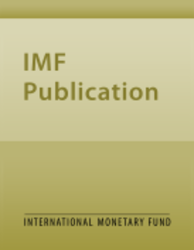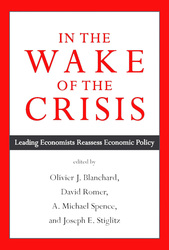
Tearing Down Walls: The International Monetary Fund 1990-1999
Publication date: March 2012
ISBN: 9781616350840
$90.00
Add to Cart by clicking price of the language and format you'd like to purchase
Available Languages and Formats
| English |
Topics covered in this book
This title contains information about the following subjects.
Click on a subject if you would like to see other titles with the same subjects.
Banks and Banking , Economics- Macroeconomics , Public Finance ,
Summary
This volume--the fifth in a series of histories of the International Monetary Fund--examines the 1990s, a tumultuous decade in which the IMF faced difficult challenges and took on new and expanded roles. Among these were assisting countries that had long operated under central planning to manage transitions toward market economies, helping countries in financial crisis after sudden loss of support from private financial markets, adapting surveillance to reflect the growing acceptance of international standards for economic and financial policies, helping low-income countries grow and begin to eradicate poverty while staying within its mandate as a monetary institution, and providing adequate financial assistance to members in an age of limited official resources. The IMF's successes and setbacks in facing these challenges provide valuable lessons for an uncertain future.



